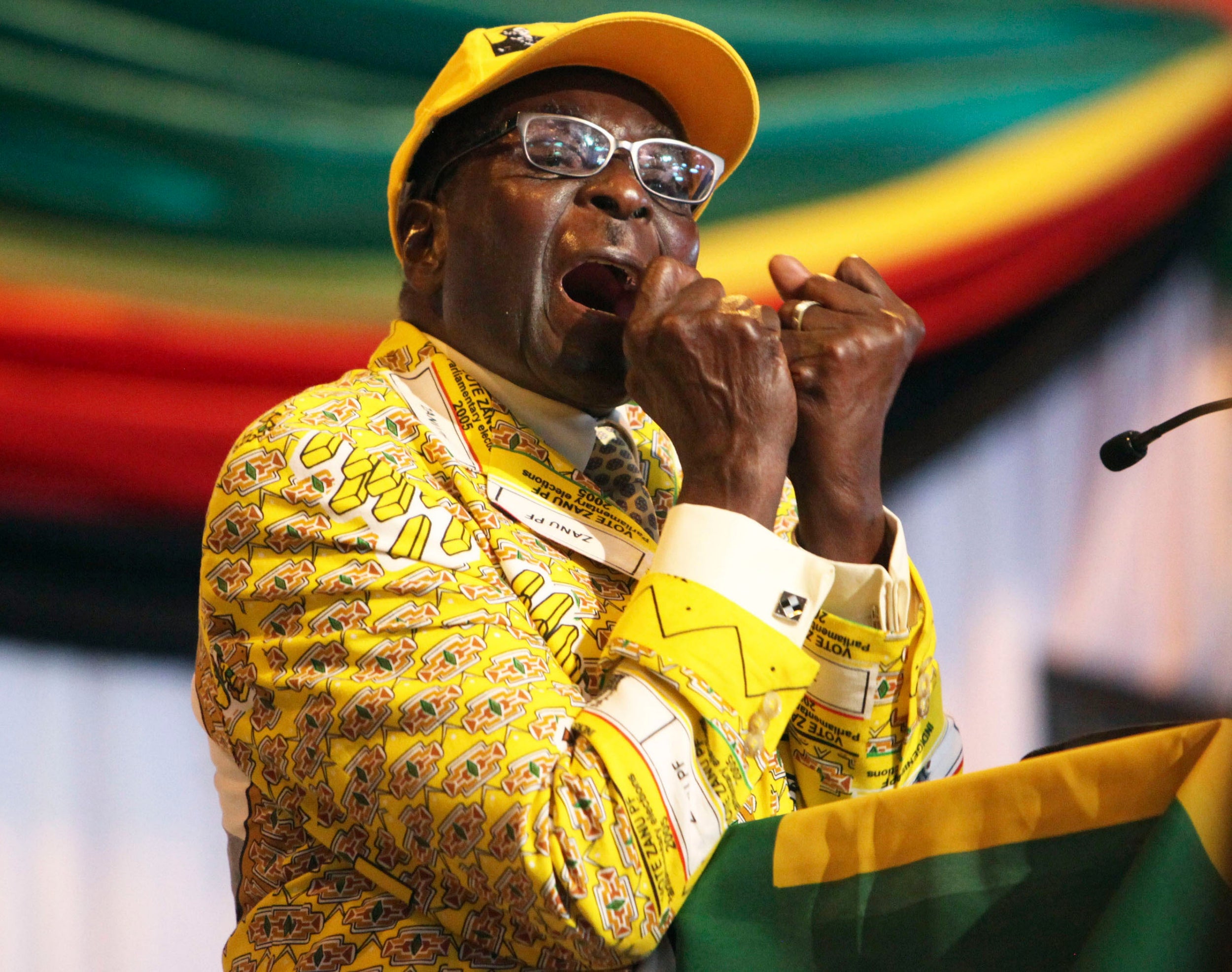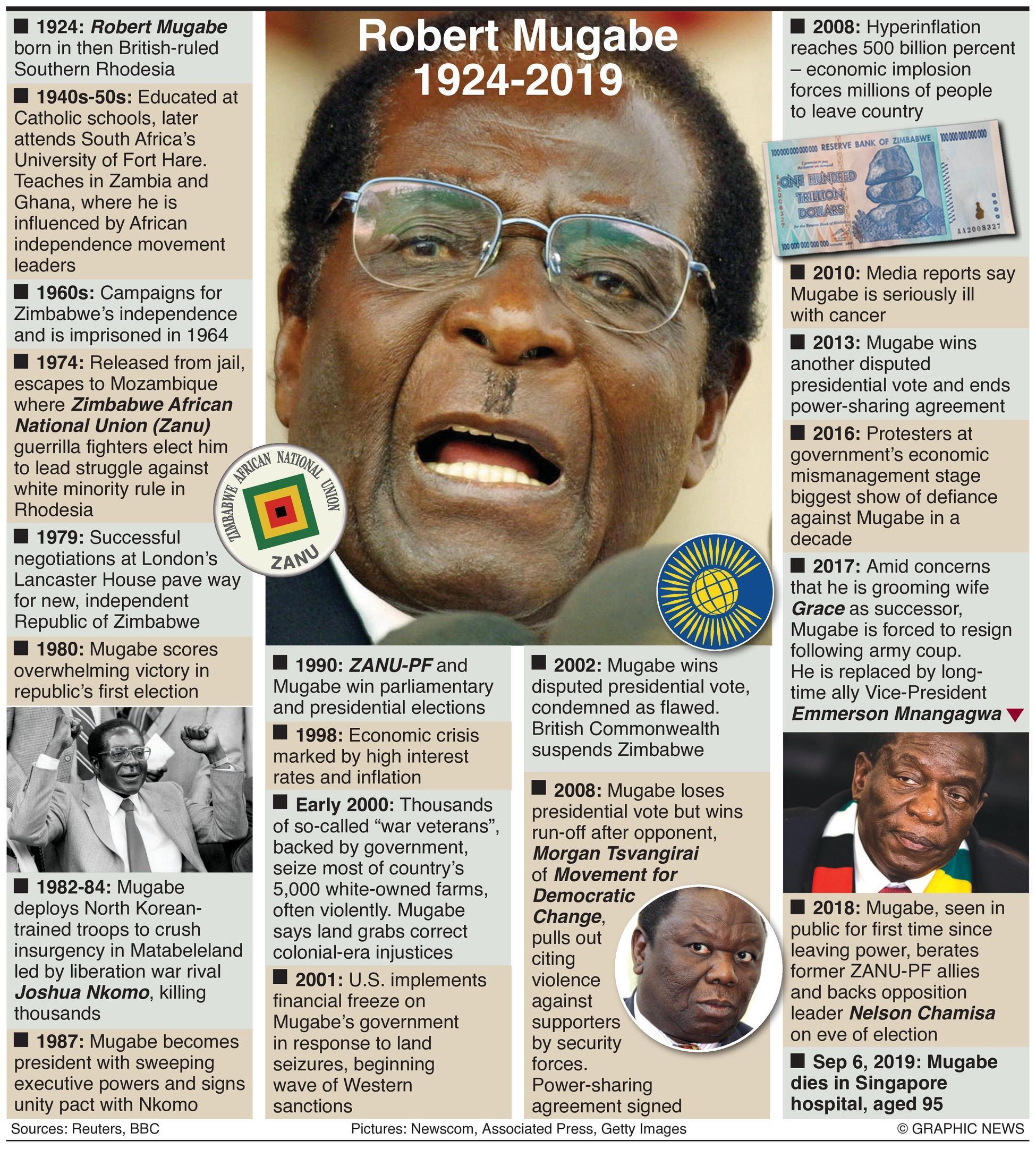Mugabe's farm seizures: racial justice or catastrophic power grab?
The new government promise to compensate white farmers who lost their land

Your support helps us to tell the story
From reproductive rights to climate change to Big Tech, The Independent is on the ground when the story is developing. Whether it's investigating the financials of Elon Musk's pro-Trump PAC or producing our latest documentary, 'The A Word', which shines a light on the American women fighting for reproductive rights, we know how important it is to parse out the facts from the messaging.
At such a critical moment in US history, we need reporters on the ground. Your donation allows us to keep sending journalists to speak to both sides of the story.
The Independent is trusted by Americans across the entire political spectrum. And unlike many other quality news outlets, we choose not to lock Americans out of our reporting and analysis with paywalls. We believe quality journalism should be available to everyone, paid for by those who can afford it.
Your support makes all the difference.When Robert Mugabe’s armed followers stormed onto white-owned farms, the output of one of Africa’s most prosperous agriculture sectors collapsed and the country was driven to the brink of starvation.
No issue more clearly defines the polarising legacy of the Zimbabwean leader, who died on Friday aged 95.
Mugabe always portrayed the redistribution of land as the central task of his mission to undo the racist inheritance of colonial rule, and the economic crisis that followed as a Western conspiracy.
To his foes, it was a lawless grab for power and wealth that nearly destroyed the country.
When white-ruled Rhodesia became Zimbabwe in 1980, white people, who made up just 5 per of the population, owned nearly three quarters of agricultural land.
It was an imbalance that all sides agreed had to change but without agreeing exactly how.
The issue was to form the basis of Mugabe’s infamous falling out with British prime minister Tony Blair in 1997 and the invasion of white-owned farms three years later that sent the economy into a tailspin.
The redistribution of land was initially to be governed by the Lancaster House Agreement that formed the basis of the transition from minority rule, which allowed for the compulsory purchase of underused land, while requiring compensation.
It said the reform had to be delayed 10 years.
There was no formal stipulation in the agreement for Britain to fund land programmes, although in the two decades after independence, London provided £44 million for resettlement initiatives. The United States also provided some funding.
But many white farmers dug their heels in, hiding behind the “willing buyer-willing seller” principle, and the overall programme achieved less than half its targets.
It was also plagued by allegations of graft. When Blair came to power in 1997 he made it very clear that Britain, particularly under Labour, had no obligation to finance land redistribution.
Mugabe responded by drafting a new constitution that allowed for the compulsory purchase of land without compensation. The charter was defeated in a referendum in 2000.

A few days later, members of the pro-Mugabe War Veterans Association started to occupy white-owned farms under what came to be known as the “Fast-Track Land Reform Programme”.
For the economy, it was the beginning of the end.
Over the next eight years, GDP contracted 40 per cent and the currency went into a tailspin as dollars from exports and foreign investment dried up.
Printing money only made matters worse, unleashing hyperinflation that would go on to top 500 billion per cent in 2008 before a unity government forged between Mugabe and opposition leader Morgan Tsvangirai scrapped the currency.
At the purely agricultural level, the seizures resulted in the transfer of 8 million hectares of land – 20 per cent of Zimbabwe’s area – across 4,500 farms to more than 160,000 households, according to official figures.
Many of the most profitable farms ended up in the hands of well-connected public figures, including Mugabe’s wife, Grace.
Recent studies have suggested overall agricultural output is getting back to mid-1990s levels, with around a third of the new black farmers now being considered as “serious” large-scale commercial farmers.
After Mugabe was ousted by his own armed forces in 2017, his successor Emmerson Mnangagwa promised to compensate white farmers who lost their land.
The government set aside $6 (£4.88) million from this year’s budget for initial payments targeting those in financial distress, with full compensation to be paid later.
Reuters
Join our commenting forum
Join thought-provoking conversations, follow other Independent readers and see their replies
Comments